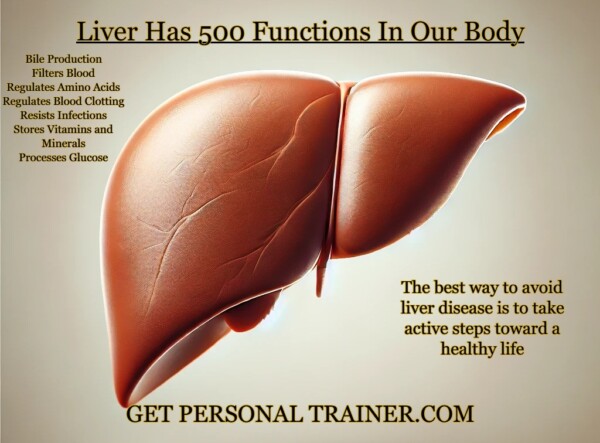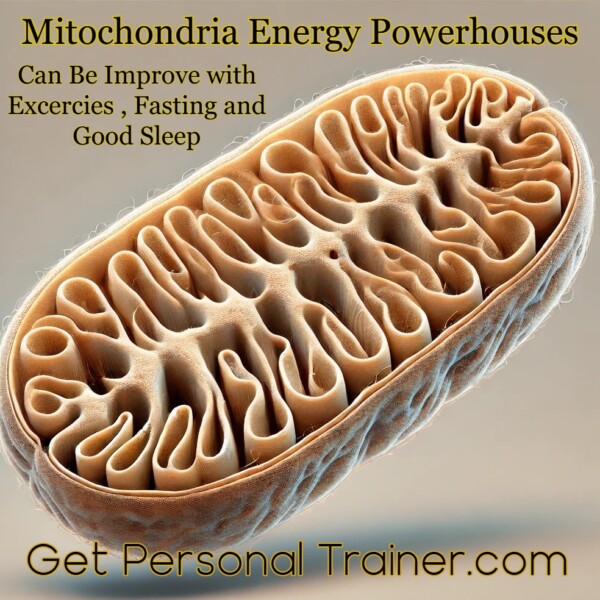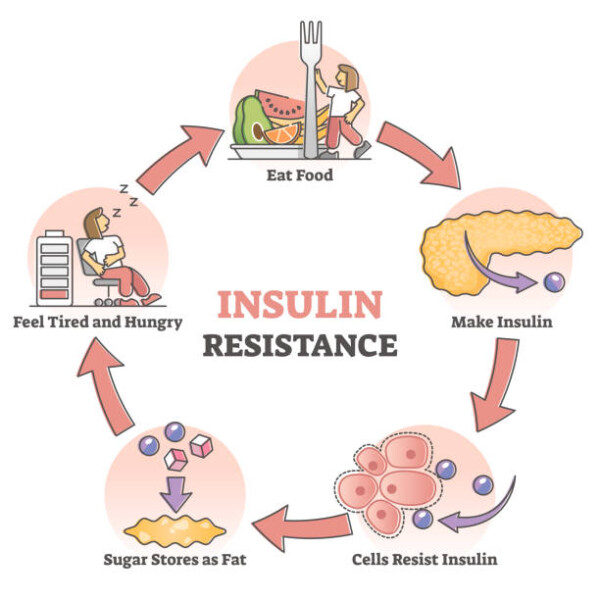
About liver Functions
Our liver has 500 functions in our body the five most important functions we must always remember
- Detoxification: The liver filters and detoxifies harmful substances, such as alcohol, drugs, and metabolic waste products, from the blood.
- Metabolism Regulation: It plays a central role in carbohydrate, protein, and fat metabolism by converting excess glucose into glycogen for storage and breaking it back down when energy is needed.
- Bile Production: The liver produces bile, which is crucial for digesting and absorbing fats and fat-soluble vitamins in the small intestine.
- Nutrient Storage: The liver stores essential nutrients such as vitamins (A, D, E, K, and B12) and minerals (iron and copper), releasing them as needed.
- Blood Clotting Support: It synthesizes clotting factors necessary for blood coagulation, which helps prevent excessive bleeding from injuries.
Early Symptoms,
- Fatigue and Weakness: Feeling unusually tired or weak without a clear reason.
- Loss of Appetite: A reduced desire to eat or a feeling of fullness after eating small amounts.
- Nausea or Upset Stomach: Persistent feelings of queasiness or mild nausea.
- Mild Abdominal Discomfort: A dull ache or discomfort in the upper right side of the abdomen, where the liver is located.
- Dark Urine: Urine that appears darker than usual, resembling tea or cola, can indicate bile issues.
- Pale or Clay-Colored Stools: Changes in stool color may suggest bile flow problems.
- Skin Changes: Yellowing of the skin or eyes (early jaundice) or itchy skin without an obvious rash.
- Swelling or Puffiness: Mild swelling in the ankles, legs, or abdomen may be an early sign of fluid retention.
- Mood Changes or Difficulty Concentrating: Toxin buildup in the blood may lead to brain fog or irritability.
- Bruising Easily: A tendency to bruise from minor bumps or injuries could signal reduced clotting factor production.
These symptoms may progress gradually, so it’s important to consult a healthcare professional if you notice any of these signs to rule out or address liver issues early.
Here are some common symptoms that may indicate your liver is not functioning at its full capacity.
- Yellowing of Skin and Eyes (Jaundice): This occurs when there is a buildup of bilirubin, a waste product, in the blood due to liver dysfunction.
- Abdominal Pain and Swelling: Pain or discomfort in the upper right side of the abdomen and bloating may signal liver issues.
- Dark Urine and Pale Stools: Changes in urine and stool color can indicate problems with bile production or liver processing.
- Unexplained Weight Loss: Losing weight without trying may be a sign of liver disease.
- Swollen Legs and Ankles: Fluid retention, also known as edema, can occur if the liver is not effectively processing nutrients and waste.
- Itchy Skin: Persistent itching may result from bile salt buildup under the skin.
- Nausea and Vomiting: These can occur when the liver struggles to detoxify the blood.
- Bruising and Bleeding Easily: Reduced production of clotting factors by the liver can make you prone to bruising or bleeding.
- Mental Confusion or Memory Issues (Hepatic Encephalopathy): Accumulation of toxins in the blood may affect brain function, leading to confusion or forgetfulness.
If you experience these symptoms, it’s important to seek medical advice for proper evaluation and diagnosis.
How to improve
i always encourage people to tack the right approach and first start exercises. exercise plays a vital role in improving liver health. Regular physical activity helps reduce fat accumulation in the liver, lowering the risk of fatty liver disease. It also boosts blood circulation, supporting the liver’s detoxification processes. Aerobic exercises, such as walking, jogging, or cycling, are particularly beneficial for reducing liver fat and inflammation. Strength training can further enhance metabolism, helping the liver process nutrients more efficiently. A consistent exercise routine, combined with a healthy diet, promotes overall liver function and prevents liver-related issues
Supplements
Here are some natural supplements that are mostly used to support liver detoxification:
- Milk Thistle: Contains silymarin, which protects liver cells from toxins and supports liver regeneration.
- Turmeric: Rich in curcumin, this spice has powerful anti-inflammatory and antioxidant properties that aid in detoxification.
- Dandelion Root: Promotes bile production and helps the liver flush out toxins.
- Artichoke Extract: Supports bile flow and helps reduce liver fat, enhancing detoxification.
- N-Acetyl Cysteine (NAC): A precursor to glutathione, one of the liver’s primary antioxidants that protect against oxidative stress.
- Green Tea Extract: Packed with catechins, it aids in fat metabolism and liver function.
- Beetroot Powder: Contains betaine, which supports liver detoxification and reduces inflammation.
- Garlic: High in sulfur compounds, it activates liver enzymes that help flush out toxins.
Before adding supplements to your routine, it’s important to consult a healthcare provider to ensure they’re safe and appropriate for your needs.


